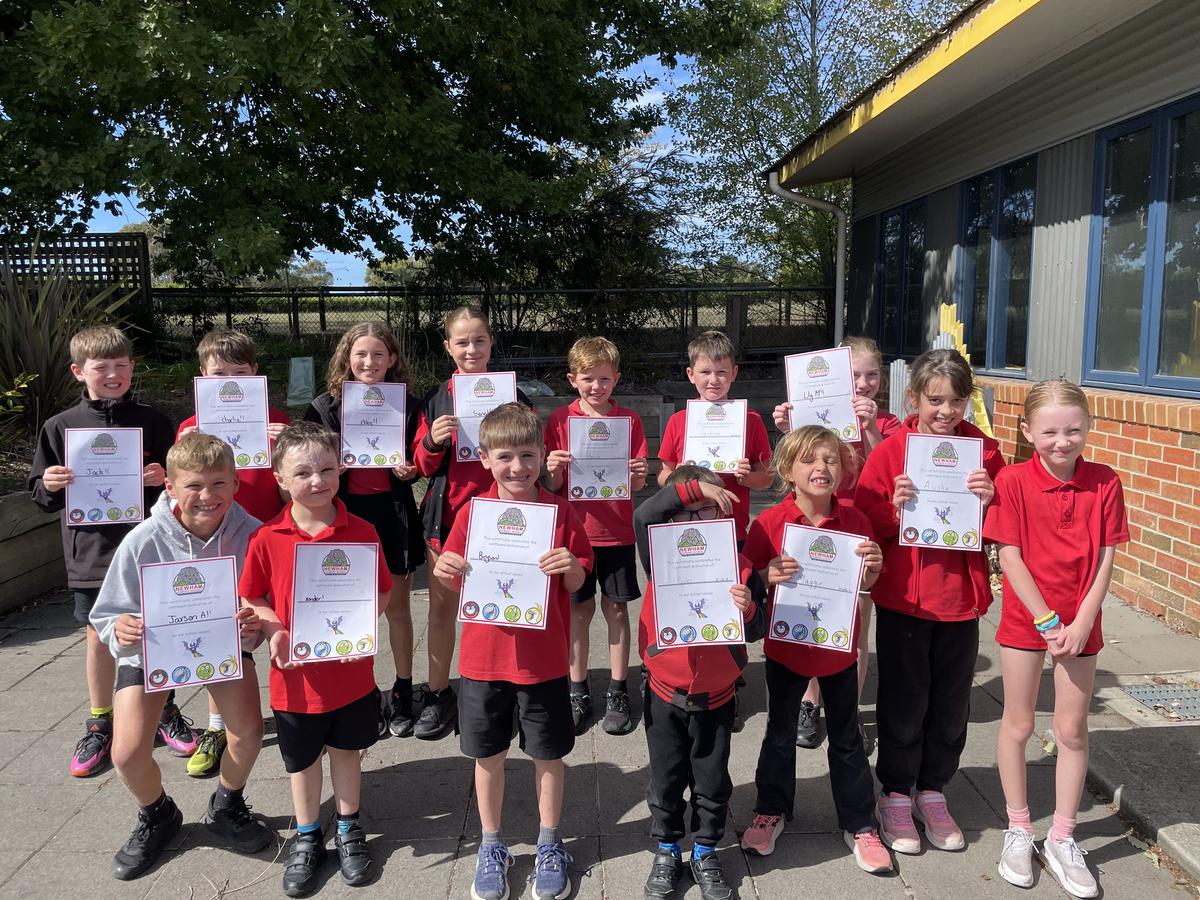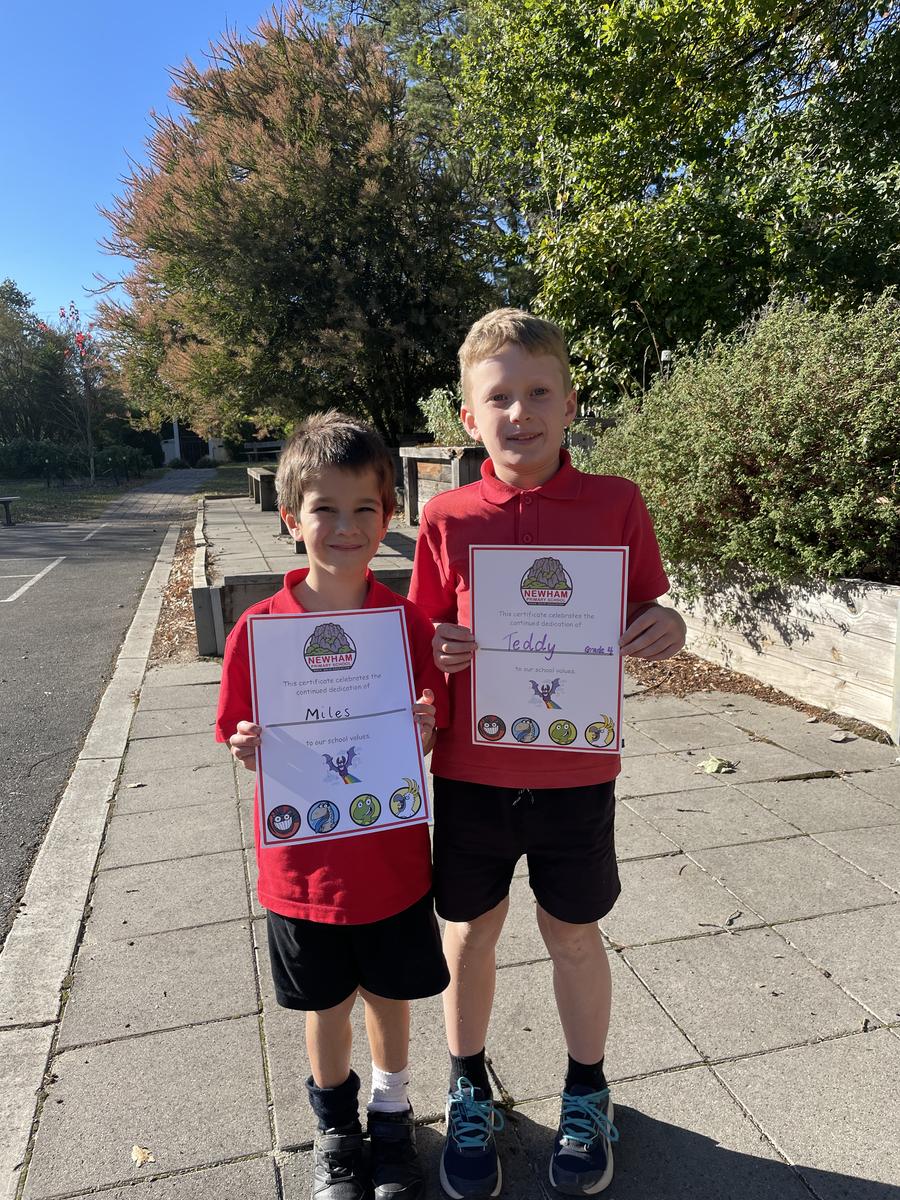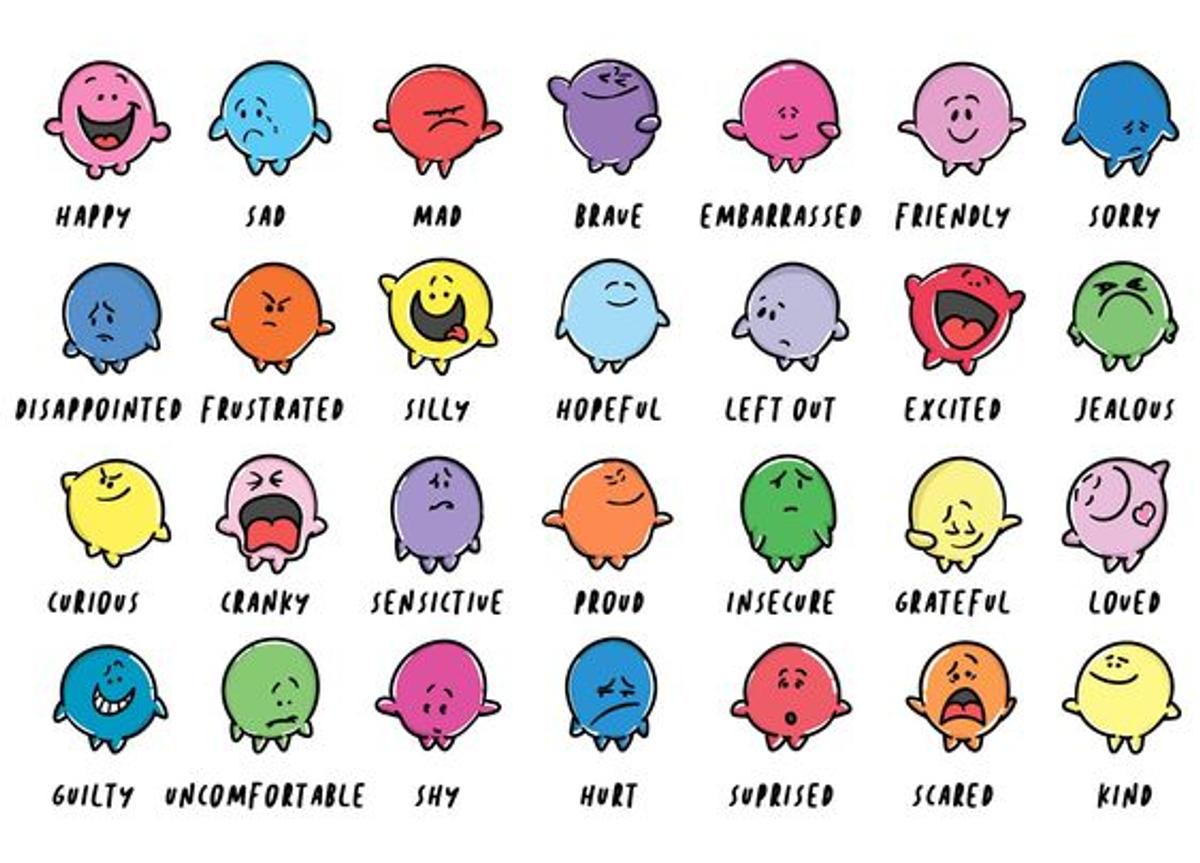Wellbeing

SWPBS Values Superstars
Congratulations to these wonderful students who achieved 20 value cards recently...
Kimochis
As part of our whole school approach to supporting student wellbeing, all classes are drawing on the Kimochis program. This is an evidence-backed social emotional learning program we've previously used at NPS and found really powerful in building students' emotional literacy and foundational communication skills. Using this across the school helps us with a shared language to talk about our emotional experiences, build relationships and work through conflict situations. Check out this video as a great overview...
F1 are working their way through the Early Childhood Curriculum across the year. The junior kids generally connect really well with the characters and their stories. For the middle and senior kids, we rely less on the characters, and instead focus more on the emotions, tools and ideas to guide us. This term, 2-3-4 and 5-6 are reviewing ideas they've come across before - ones that teachers felt were most useful at NPS. These include the Keys to Communication and some tools for feelings like mad, disappointed and brave. Over the second half of the year, the middle and senior teachers will select Keys to Communication and emotions to look at more deeply according to the needs of the kids in their classes.
Currently, 2-3-4 and 5-6 are building the idea that all feelings are ok and can be useful, but some are nice-to-have (like happy, grateful, loved) while others are hard-to-have (like mad, guilty, disappointed). We've been making "Feelings Soup". On a theme, like "lunchtime" or "this morning", students are invited to share a feeling they've experienced and add it to our soup. They can choose to share what made them feel that way. Some of the feelings 2-3-4 identified in their Maths lesson Feelings Soup yesterday were: frustrated, curious, proud, sleepy, happy, regretful, brave. Through discussions like this, students build their understanding that we all experience a complexity of emotions, that feelings come and go and that we can have strategies to grow nice-to-have feelings and shrink hard-to-have feelings.


